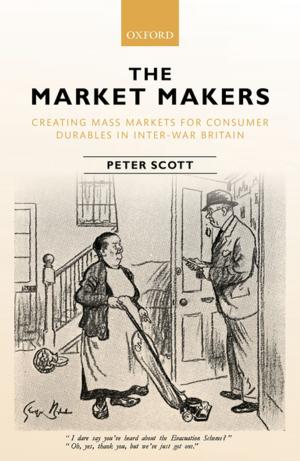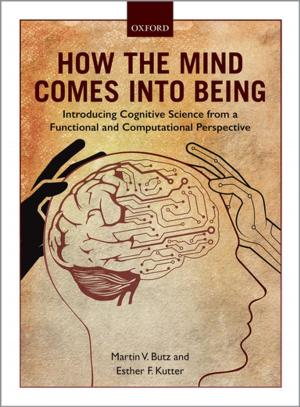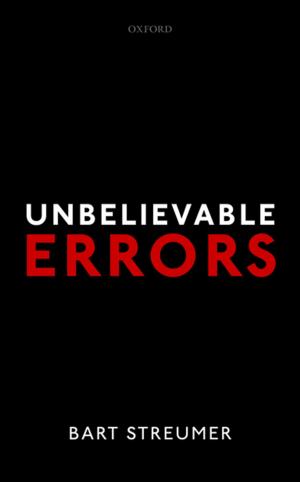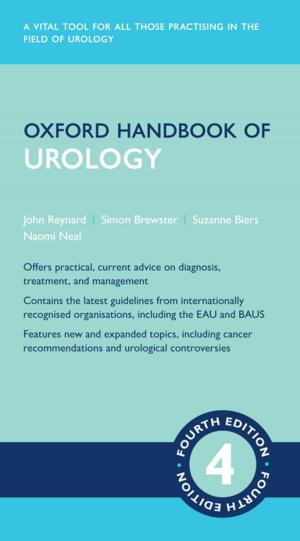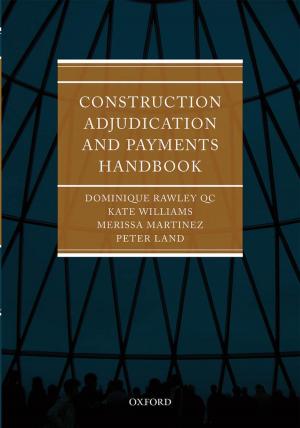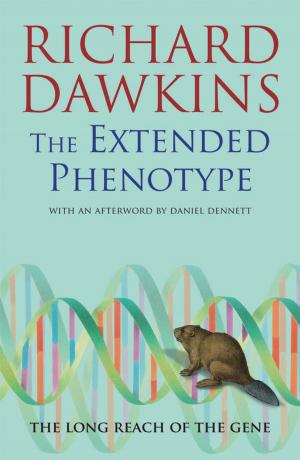Microeconometrics and MATLAB: An Introduction
Business & Finance, Economics, Econometrics, Nonfiction, Science & Nature, Mathematics| Author: | Abi Adams, Damian Clarke, Simon Quinn | ISBN: | 9780191069444 |
| Publisher: | OUP Oxford | Publication: | January 14, 2016 |
| Imprint: | OUP Oxford | Language: | English |
| Author: | Abi Adams, Damian Clarke, Simon Quinn |
| ISBN: | 9780191069444 |
| Publisher: | OUP Oxford |
| Publication: | January 14, 2016 |
| Imprint: | OUP Oxford |
| Language: | English |
This book is a practical guide for theory-based empirical analysis in economics that guides the reader through the first steps when moving between economic theory and applied research. The book provides a hands-on introduction to some of the techniques that economists use for econometric estimation and shows how to convert a selection of standard and advanced estimators into MATLAB code. The book first provides a brief introduction to MATLAB and its syntax, before moving into microeconometric applications studied in undergraduate and graduate econometrics courses. Along with standard estimation methods such as, for example, Method of Moments, Maximum Likelihood, and constrained optimisation, the book also includes a series of chapters examining more advanced research methods. These include discrete choice, discrete games, dynamic models on a finite and infinite horizon, and semi- and nonparametric methods. In closing, it discusses more advanced features that can be used to optimise use of MATLAB, including parallel computing. Each chapter is structured around a number of worked examples, designed for the reader to tackle as they move through the book. Each chapter ends with a series of readings, questions, and extensions, designed to help the reader on their way to adapting the examples in the book to fit their own research questions.
This book is a practical guide for theory-based empirical analysis in economics that guides the reader through the first steps when moving between economic theory and applied research. The book provides a hands-on introduction to some of the techniques that economists use for econometric estimation and shows how to convert a selection of standard and advanced estimators into MATLAB code. The book first provides a brief introduction to MATLAB and its syntax, before moving into microeconometric applications studied in undergraduate and graduate econometrics courses. Along with standard estimation methods such as, for example, Method of Moments, Maximum Likelihood, and constrained optimisation, the book also includes a series of chapters examining more advanced research methods. These include discrete choice, discrete games, dynamic models on a finite and infinite horizon, and semi- and nonparametric methods. In closing, it discusses more advanced features that can be used to optimise use of MATLAB, including parallel computing. Each chapter is structured around a number of worked examples, designed for the reader to tackle as they move through the book. Each chapter ends with a series of readings, questions, and extensions, designed to help the reader on their way to adapting the examples in the book to fit their own research questions.

